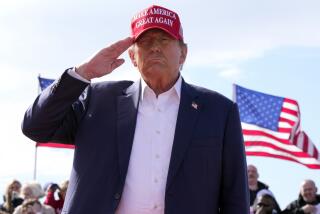Nine high-profile Trump allies sought by the Jan. 6 committee
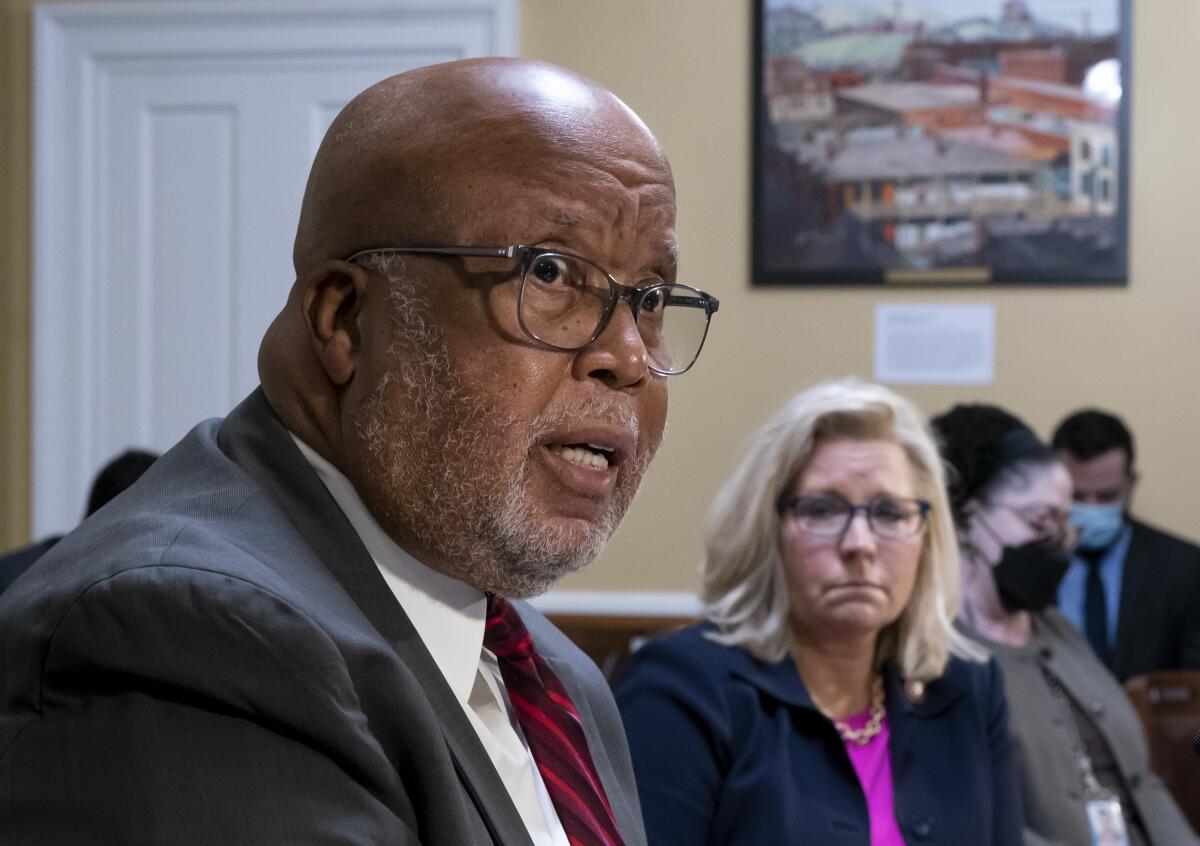
- Share via
WASHINGTON — The nine-member select congressional committee created in July to investigate last year’s attack on the U.S. Capitol has interviewed hundreds of witnesses and issued dozens of subpoenas.
Led by Chairman Bennie Thompson (D-Miss.) and Vice Chair Liz Cheney (R-Wyo.), the House committee inched even deeper into President Trump’s inner circle as it seeks to determine what role the ex-commander in chief played in the Jan. 6, 2021, insurrection.
The panel requested information on Jan. 20 from his daughter, Ivanka, who served as an advisor during the Trump administration. But it’s not just her the committee wants to hear from.
Here are nine of the biggest names the panel has sought to interview and why:
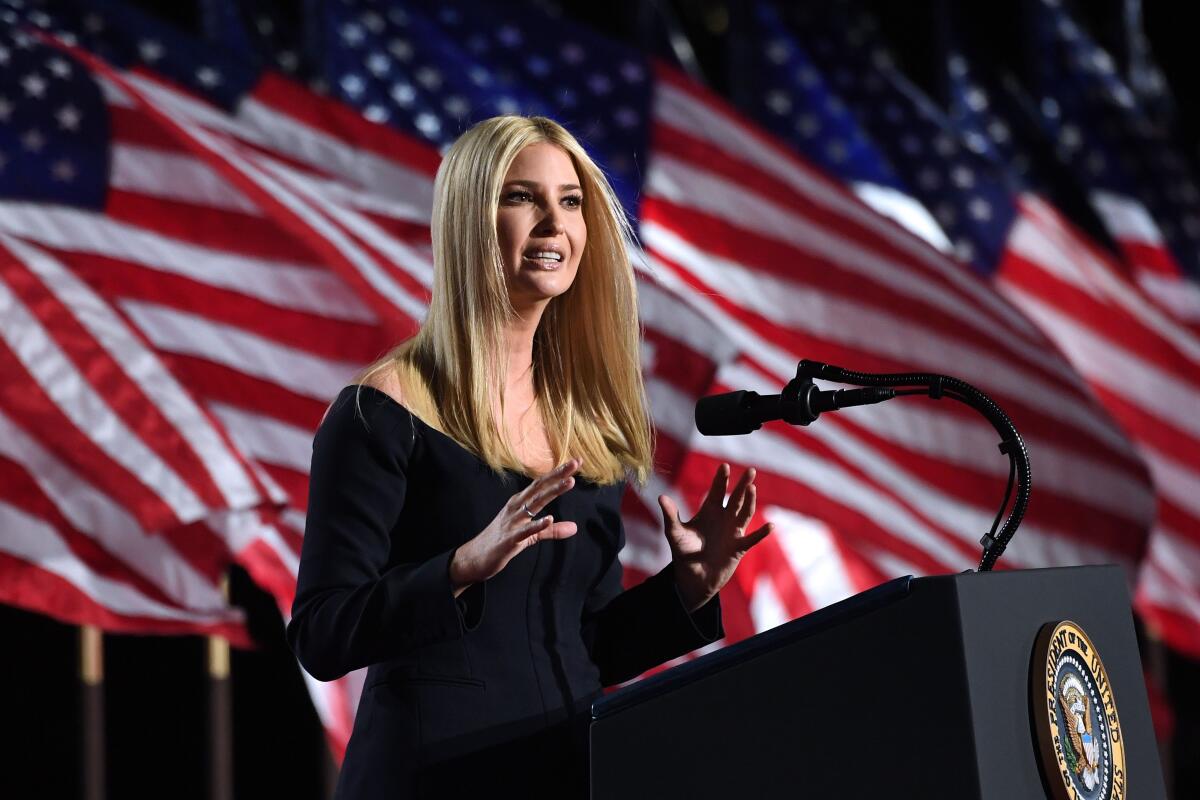
Who: Ivanka Trump, the former president’s daughter and advisor
Committee’s interest: The committee wants to know what she observed while in the Oval Office as President Trump was talking to Vice President Mike Pence on the morning of Jan. 6. Former national security advisor Keith Kellogg suggested to the panel that Ivanka was the only person who could get her father to speak out to stop the violence. The committee said it is particularly interested in finding out why White House staff didn’t ask the president to appear in the briefing room to call for an end to the violence in a live address. The panel said it has evidence that several allies — Donald Trump Jr., Fox News personalities Laura Ingraham, Brian Kilmeade and Sean Hannity, members of Congress and the press and former New Jersey Gov. Chris Christie — contacted the White House hoping to urge the president to go on the air and tell the rioters to stand down
Nature of request: Voluntary interview.
Response: None so far.
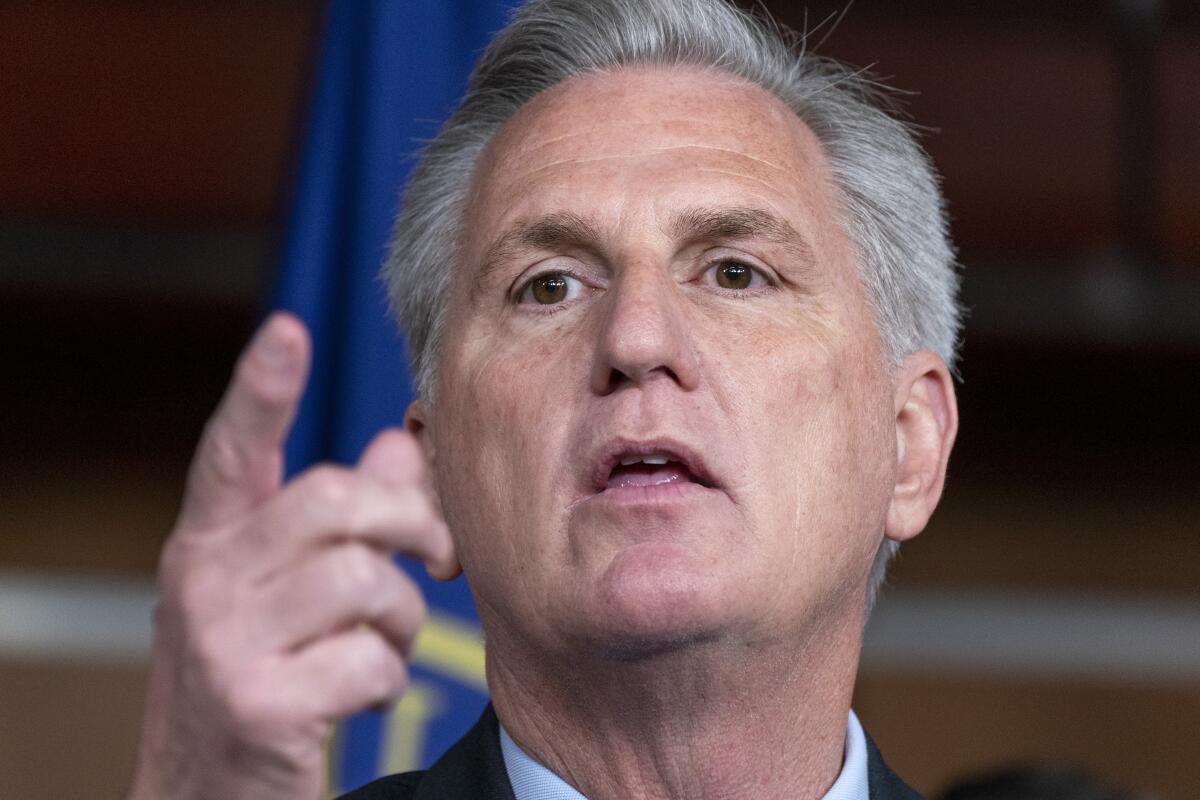
Who: Rep. Kevin McCarthy (R-Bakersfield), the House Republican leader
Committee’s interest: The committee wants to know about his conversations with President Trump before, during and after Jan. 6. The committee also wants to question McCarthy on any communications with Trump, his legal team, Rep. Jim Jordan (R-Ohio) and others on continued objections to electoral votes from multiple states after the insurrection. In a phone call with Trump while the attack was occurring, McCarthy asked the president to help disperse the mob. The Republican leader also met with Trump three weeks later at his Mar-a-Lago estate in Florida, after which, the panel said, his public comments “changed markedly.” In a floor speech a week after the insurrection, McCarthy blamed Trump for the attack and said Biden won the election. The committee also suggested McCarthy may have spoken to Trump about the possibility of facing a censure resolution, impeachment, removal under the 25th Amendment or an immediate resignation from office. The panel said it is particularly interested in understanding Trump’s state of mind around the time of the insurrection.
Nature of request: Voluntary interview.
Response: McCarthy said he would not cooperate.
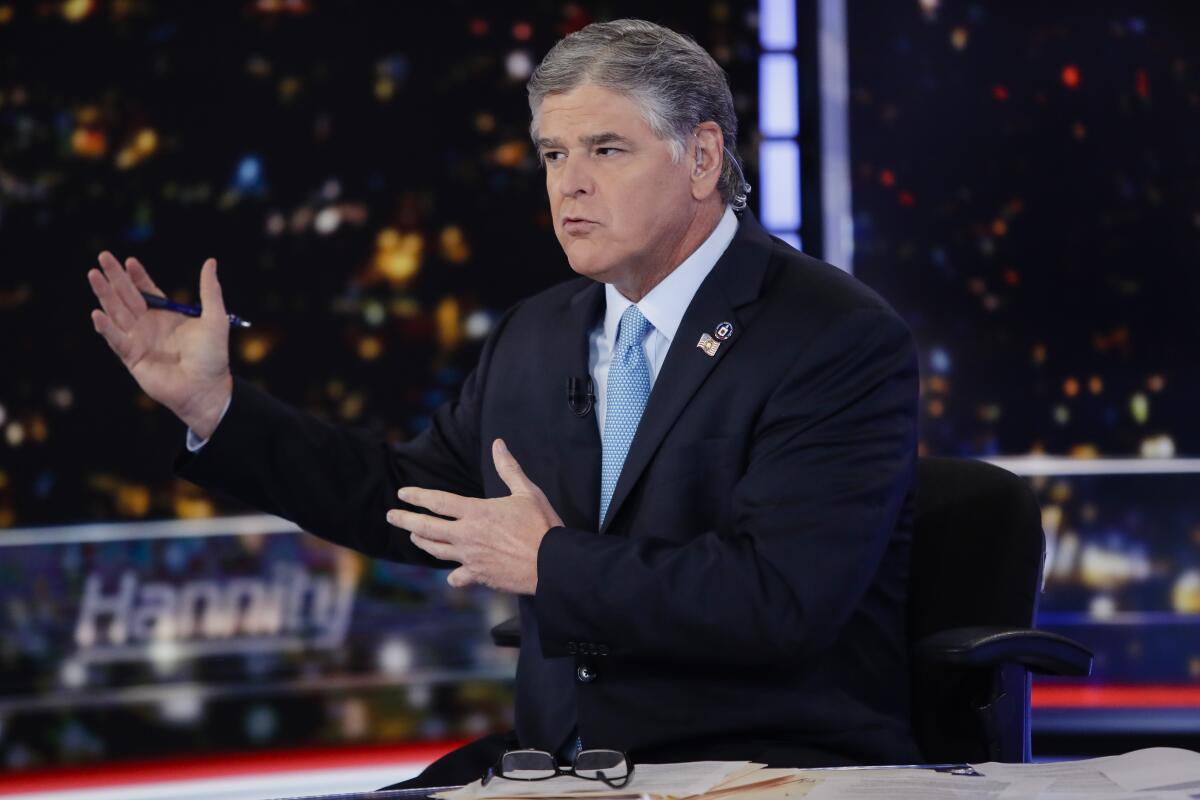
Who: Sean Hannity, Fox News host
Committee’s interest: The committee wants to know more about Hannity’s communications with President Trump, White House staff and Trump’s legal team between Dec. 31, 2020, and Jan. 20, 2021. The panel has a text message Hannity sent to White House Chief of Staff Mark Meadows that said: “We can’t lose the entire WH counsels office. I do NOT see January 6 happening the way he is being told. After the 6 th. He should announce will lead the nationwide effort to reform voting integrity.”
Nature of request: Voluntary interview.
Response: Hannity’s lawyer told Axios that “any such request would raise serious constitutional issues, including 1st Amendment concerns regarding freedom of the press.”
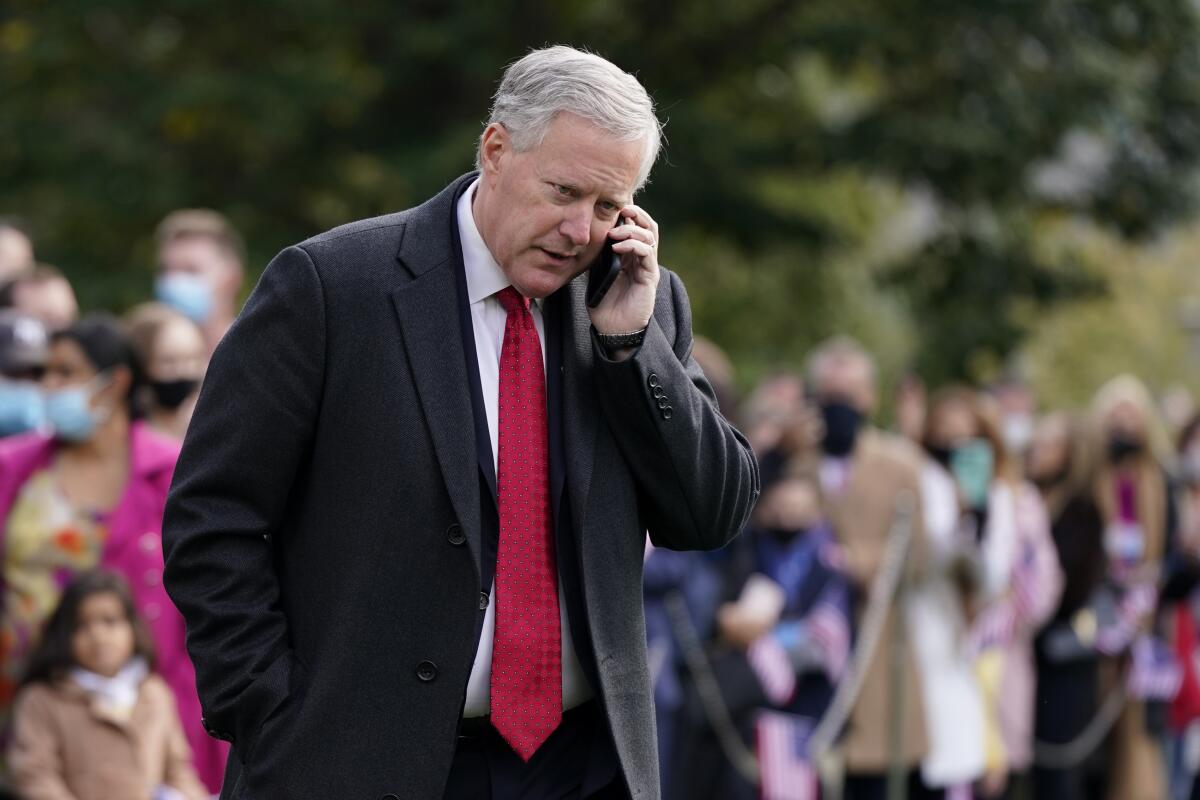
Who: Mark Meadows, former White House chief of staff and North Carolina congressman
Committee’s interest: The committee wants to know more about Meadows’ role in a January phone call between Trump and Georgia election officials, as well as the ex-chief of staff’s interactions with Justice Department officials and a member of Congress regarding the president’s desire to replace his acting attorney general. The panel said Meadows refused to answer basic questions, such as whether he used a private cellphone to communicate on Jan. 6, and where his text messages from that day are.
Nature of request: Meadows was subpoenaed.
Response: Meadows turned over about 9,000 pages of records he said couldn’t be covered by any claim of privilege but stopped cooperating with the committee ahead of a scheduled deposition last month.
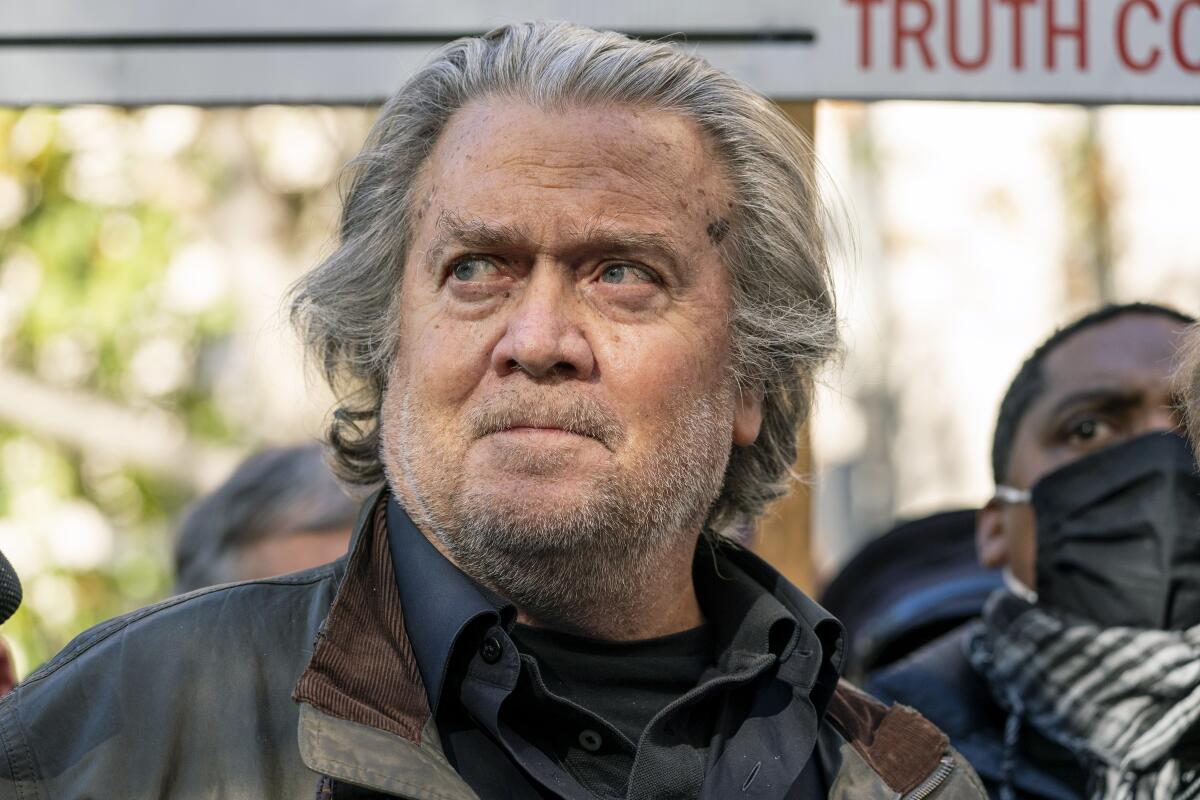
Who: Stephen K. Bannon, former White House chief strategist and senior counselor to the president
Committee’s interest: The committee has said Bannon was deeply involved in the “stop the steal” campaign, including a war room meeting a day before the insurrection and an effort to push Trump into trying to stop the counting of electoral college ballots. He warned shortly before the attack that “all hell is going to break loose,” and the committee believes his public statements prove he knew what was going to happen before it played out, increasing the likelihood that he was aware if not involved in the planning of what transpired that day. The panel has described Bannon as an important witness who could help inform the committee how the riot came together and what the intent behind it was.
Nature of request: Bannon was subpoenaed.
Response: After refusing to cooperate, Bannon will be on trial this summer over contempt of Congress charges, which face a maximum sentence of a year in jail and a $100,000 fine for each count. He pleaded not guilty and said he’s shielded from testifying by Trump’s claim of executive privilege.

Who: Kayleigh McEnany, former White House press secretary
Committee’s interest: The committee has shown interest in McEnany’s public statements spreading misinformation about fraud in the 2020 election. She also traveled with Trump to the Ellipse, where she and the president spoke at a rally before the attack. McEnany reportedly “popped in and out” as Trump watched the insurrection later that day.
Nature of request: McEnany was subpoenaed in November.
Response: McEnany appeared virtually before the committee on Jan. 12 and has turned over text messages to the panel.
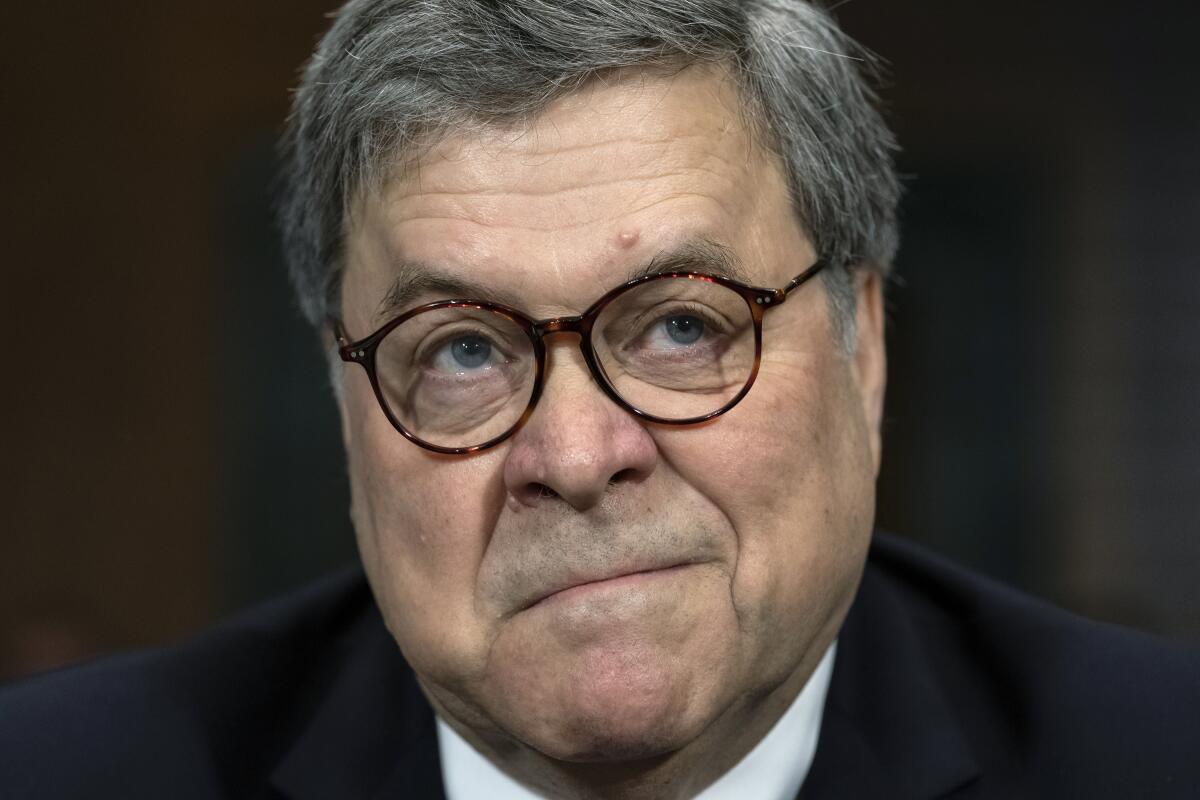
Who: William Barr, former attorney general
Committee’s interest: The committee has information about a plan involving the Justice Department to potentially use the military to seize voting machines.
Nature of request: Voluntary interview.
Response: Thompson, the committee’s chairman, told CBS’ “Face the Nation” on Jan. 23 that the panel has already spoken to Barr.
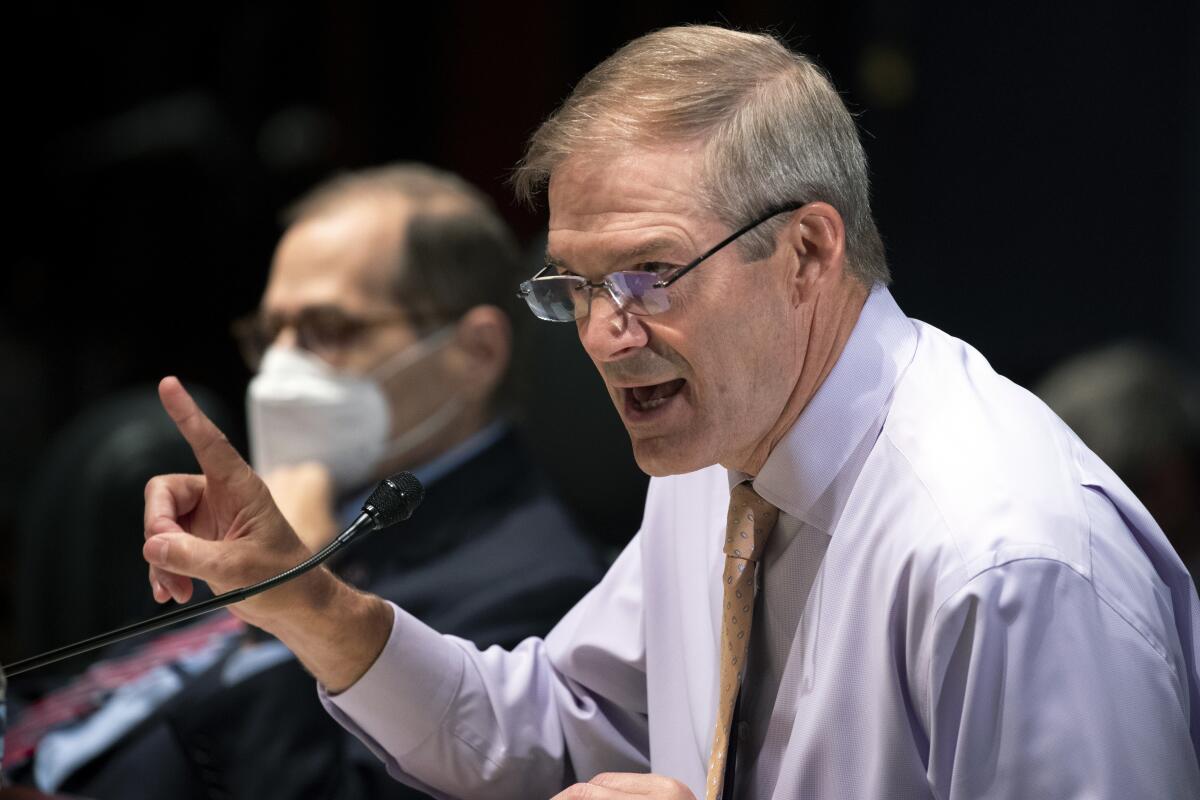
Who: Rep. Jim Jordan (R-Ohio)
Committee’s interest: The committee wants to know in detail what Jordan discussed in his communications with Trump on Jan. 6, in addition to any communications with the war room, Trump’s legal team, White House staff or anyone involved in organizing or planning actions and strategies for Jan. 6. The committee also believes Jordan has information about strategy meetings with White House officials and Trump in November 2020, December 2020 and early January 2021 to overturn the election results, as well as discussions about potential presidential pardons for individuals involved in Jan. 6 or the planning around it.
Nature of request: Voluntary interview.
Response: Jordan has refused to cooperate.
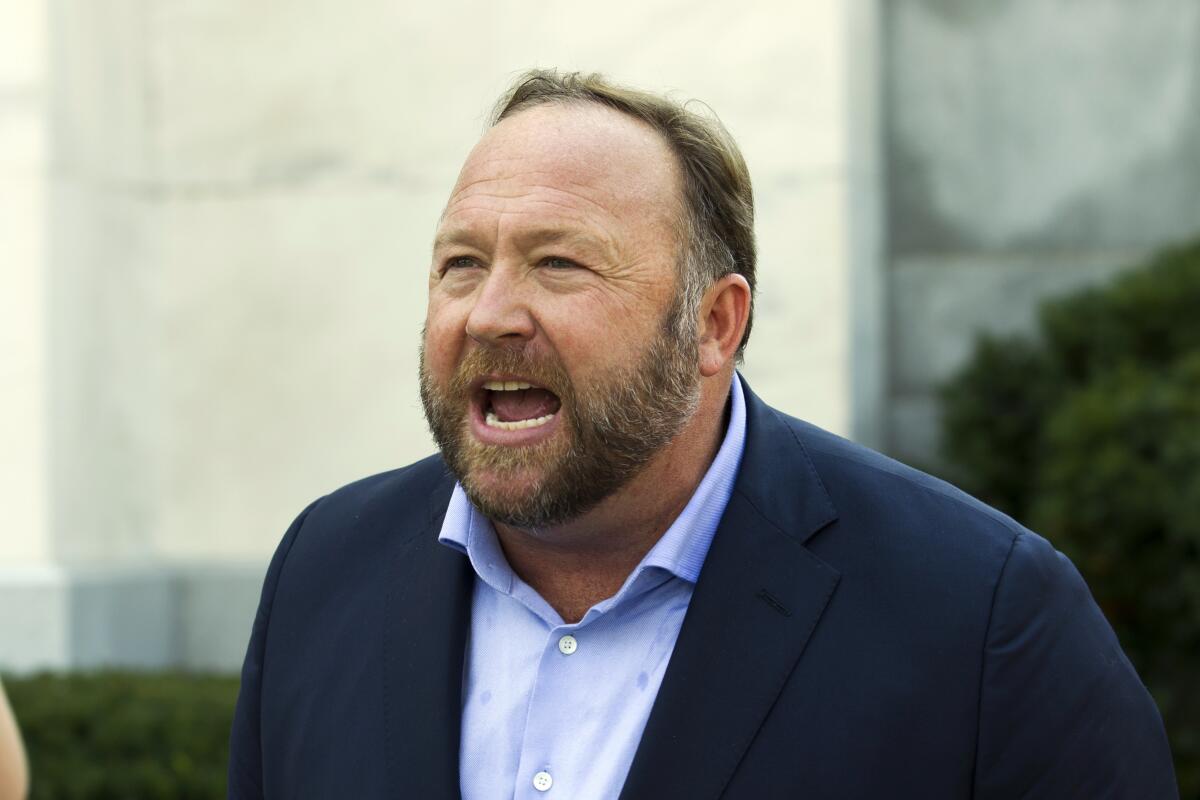
Who: Alex Jones, conservative conspiracy theorist and founder of Infowars
Committee’s interest: The committee believes Jones helped organize and fund a rally at the Ellipse before the Capitol attack. According to the panel, Jones has said the White House told him to lead a march on Jan. 6 from the Ellipse to the Capitol. The committee said Jones and others on his Infowars platform repeatedly spread Trump’s disinformation about voter fraud and urged people to come to Washington, D.C., for the Jan. 6 rally, which Trump promoted on Twitter. The same day of Trump’s tweet, Jones said on Infowars: “This is the most important call to action on domestic soil since Paul Revere and his ride in 1776. The time for games is over. The time for action is now.” In remarks recorded by the committee, Jones repeatedly called for action, at one point warning of a “living hell” if supporters allow “this multinational consortium to steal our election.”
Nature of request: Jones was subpoenaed in November.
Response: Jones testified virtually Jan. 24. He announced to listeners on his radio show after that he pleaded the Fifth — a reference to the 5th Amendment right to refuse to answer questions to avoid self-incrimination — “almost 100 times.”
More to Read
Get the L.A. Times Politics newsletter
Deeply reported insights into legislation, politics and policy from Sacramento, Washington and beyond. In your inbox twice per week.
You may occasionally receive promotional content from the Los Angeles Times.


